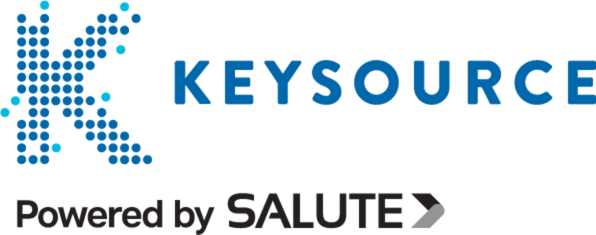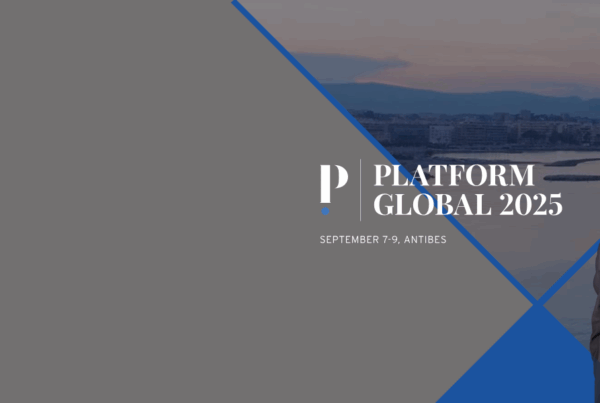For many people, lockdown created an opportunity to look at how they do things and make changes that can provide benefits such as time, cost, clarity, and general well-being.
At Keysource, we have been applying this thinking to our business, and that of our clients, to drive similar results, particularly for our managed services solutions.
Clearing out the “clutter”
Transitioning IT services and data to the Cloud is proving to be a good strategy for many organisations with demonstrable benefits, however few are realising the full potential, particularly when dealing with the redundant items that are left behind, (cluttering up the place!).
Working with our customers, we are finding that, although they are aware of the existence of the IT in their legacy sites and offices, they don’t know much about it as it has often been installed for short term projects, or for services long since retired. In fact, when we are undertaking our audits, we are regularly finding that the data is incomplete by as much as 60% in many cases.
This information is key for us to be able to tailor a service that meets the objectives and is effective.
From there we are able to deploy a simple process and relevant toolsets to discover and analyse the Edge to quickly identify candidates for virtualisation, relocation or decommission thereby reducing on-premise capacity requirements.
This enables us to work with our customers to create and implement property or office strategies whilst remapping CMDB’s and network diagrams.
Spending time on what matters
Without the volume of IT putting pressure on the building services, we can now look at where time is well spent by reviewing our options and aIso asking a lot of questions. Is the M&E now suitable for the environment? Can we retune or replace the supporting infrastructure? And will this in turn reduce alarming, failures, callouts, etc?
Once the environment is both optimised and well managed, this frees up valuable time and enables our customers to step away from the daily grind of incidents and problems. They can divert their energies to those other important areas that they tended to put on the back burner, such as using their new set of trusted data and the savings they have made to produce compelling evidence of environmental sustainability, or renewing or extending their accreditations such as ISO27001.
Often however, we are finding that they are now able to relax with the peace of mind from greater control of change and the benefits of lower risks to uptime and health and safety.
Challenging the “old normal”
It is important to challenge why things are done in a certain way. Often the answer is because ‘they always have been’ and yet processes can be cumbersome and only suitable to the ‘old normal’, if that.
Key to a good managed service is a fit for purpose, streamlined and tested set of operating procedures and so we look at the end-to-end service and challenge every procedure, every hand-off and every activity.
In my experience this can create significant value and using this methodology we have created efficiencies and released capacity within teams to plan for the adoption of new technologies, adding tangible business value.
A real life example
One of our clients is a major city police force and we have provided them with data centre managed services for the past five years. A recent programme of work to support the customer’s “Cloud First” strategy included the audit of their dispersed estate to create a single source of current and usable knowledge.
During the past three years, we have discovered over 700 IT rooms in over 200 buildings making many enhancements along the way. During 2020 alone, we identified a total of 571 potential redundant devices which we are halfway through decommissioning.
When complete, the customer saving against leases, maintenance and energy will be multi millions and managed services are a key role in ‘ploughing the way’ to realising the savings and transformation.
Conclusion
The positive lessons of lockdown for many of us focused on changing for the good and challenging ourselves, and there is no reason that this cannot be applied to the world of work too, with the same benefits.





